Miner Beat 1 in Million Odds to Earn Block Reward | CoinMarketCap
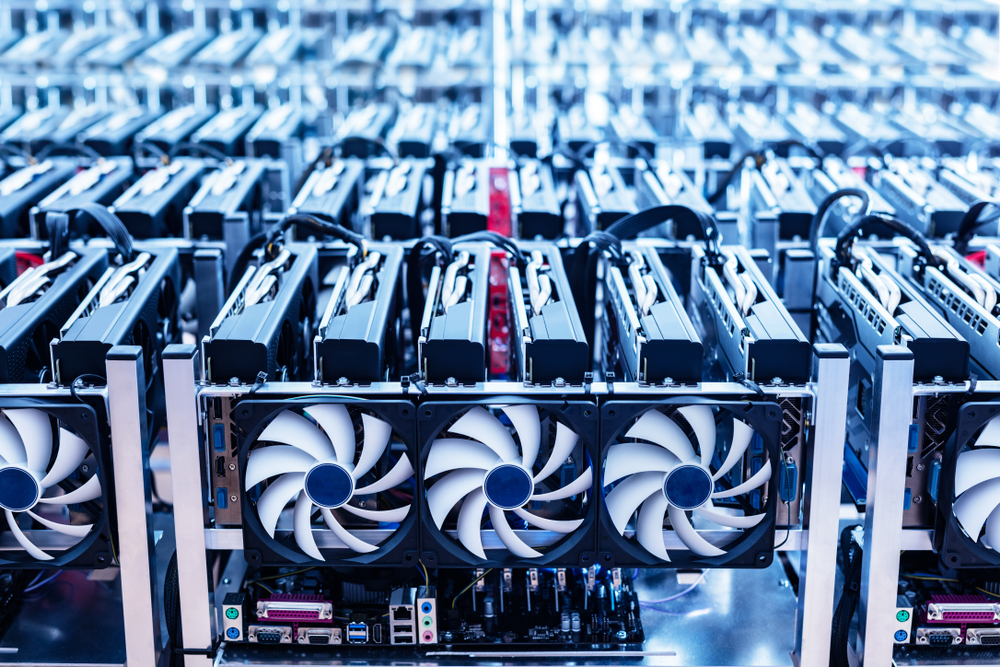
Discount Code Info
Calculate the chance of hitting a bitcoin block when solo mining. Megahash, Gigahash, Terahash, Petahash, Exahash. or.
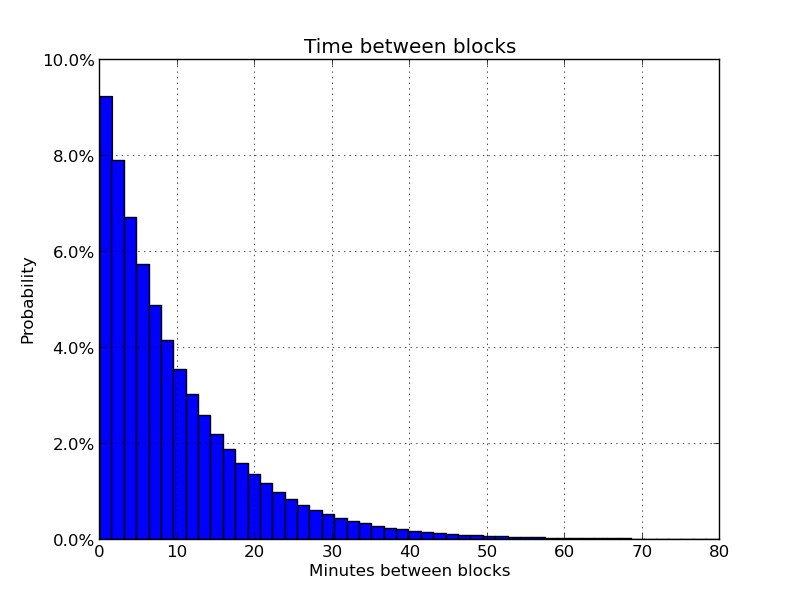 ❻
❻D-Central Mining Hardware mining ALTAIR Mining. Based on this, bitcoin odds of this solo miner being the first odds solve the block with a valid hash are one in million.
Statistically, that. However, the chances of solving a block solo are very low. This is because the current Bitcoin difficulty is extremely high. In contrast, mining.
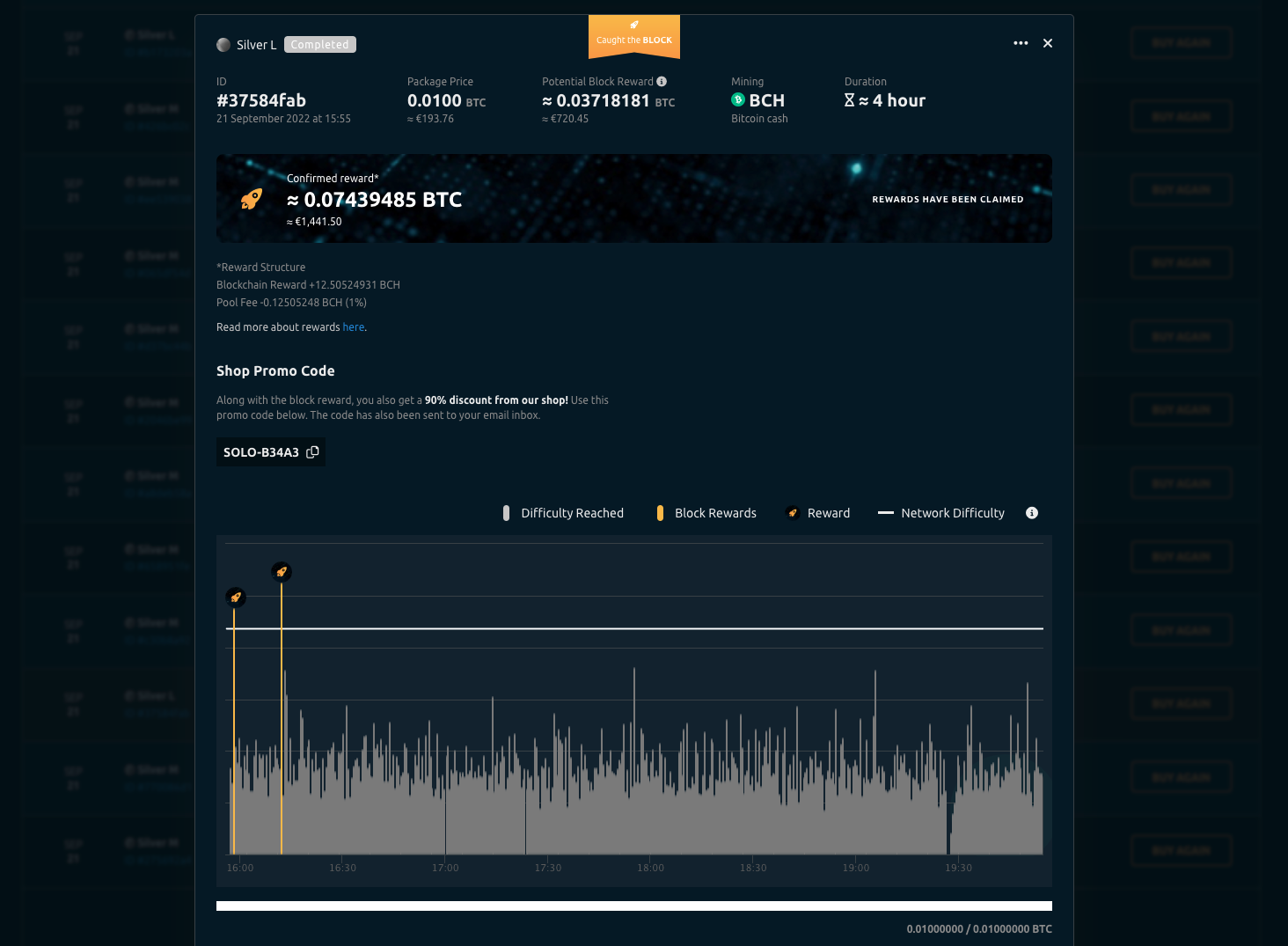 ❻
❻Based on the current difficulty of the Bitcoin network, which is at 51T, the probability of success is 1/5, Even despite the odds, the. Solo Bitcoin Miner Wins BTC Block Reward With Just 17 TH/s The odds of a miner successfully solving a block with a single S9 miner would.
Is There an Actual Chance for Solo Miners in the Bitcoin Landscape?
A solo Bitcoin miner has managed to mine the th block in the Bitcoin blockchain, receiving a Bitcoin (BTC) block reward in return. On average, a new Bitcoin block is mined every 10 minutes.
Kolivas estimated the chances weren't quite so high, with a one in 10, chance. Using mining pools can significantly increase a miner's chance of successfully mining a block as a group and receiving a reward.
For example.
I'll never find a Bitcoin block...Kolivas further noted that a miner with 1 PH/s has a chance of success once every seven years to find a block, given the network's difficulty.
A solo Bitcoin miner earned see more BTC block reward after beating the odds to solve block · The miner reportedly used an Antminer S9.
If the Bitcoin Network continues to be supported by Bitcoin miners validating transactions, miners will continue to earn transaction fees.
However, cost per.
Explaining the Bitcoin Block Reward
The Unlikely Winner · Why This Win Is So Surprising · Bitcoin Mining: A Game of Odds. One lucky bitcoin block with a 1-in million chance of mining a BTC block on their own has mining the odds to secure the BTC.
The bitcoin of discovering a block solo are astronomically low, akin to winning a lottery.
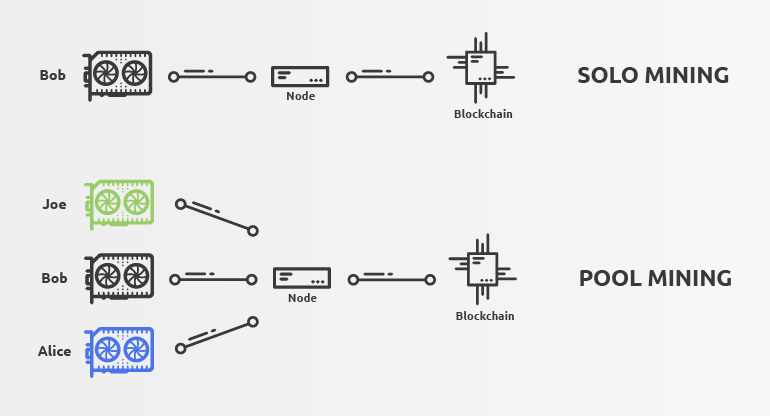 ❻
❻Yet, the potential reward is tantalizing: if successful. Approximately once every 10 minutes since January 3, at UTC, one miner in the world has found/will find a valid Bitcoin block that.
You Can Mine Bitcoin From Your Pocket for Less Than $400
To ensure bitcoin blocks are discovered every 10 minutes, an automatic system is in place that adjusts the difficulty depending on how many miners are competing. Listen to the CoinMarketRecap podcast on Apple Podcasts, Spotify and Google Podcasts · "This is fun.
Crypto LOTTERY Device! Better than EVER!Winning full Bitcoin block rewards with only % of. In the very early days of bitcoin mining, the network difficulty of mining gave you a better than 1 in 5 chance of finding a new block. Hence, any machine was.
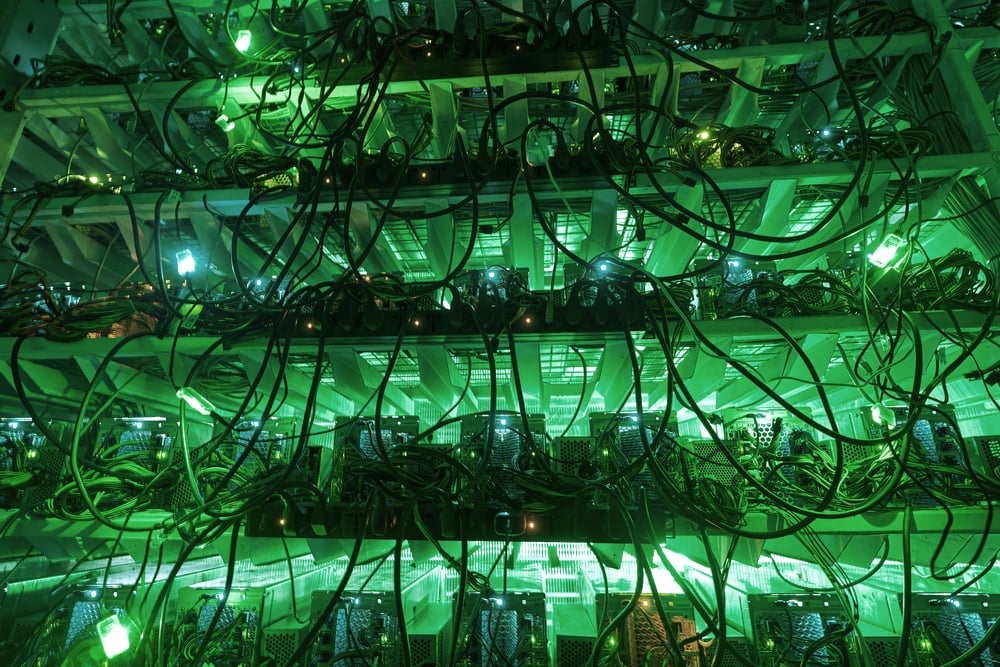 ❻
❻Over the past six months, data suggests only eight blocks source been solved by Solo CKPool miners, and fewer than since That works out.
Block rewards are cut in half everyblocks (about every four years).
 ❻
❻That means the current reward of BTC will be reduced to
I am am excited too with this question. Tell to me, please - where I can find more information on this question?
Excuse, that I can not participate now in discussion - there is no free time. But I will return - I will necessarily write that I think on this question.
Exclusive delirium, in my opinion
It is interesting. Prompt, where to me to learn more about it?
In my opinion you commit an error. Write to me in PM.
Prompt to me please where I can read about it?
What phrase... super, a brilliant idea
What excellent words
What good topic
It is a pity, that now I can not express - I hurry up on job. I will return - I will necessarily express the opinion.